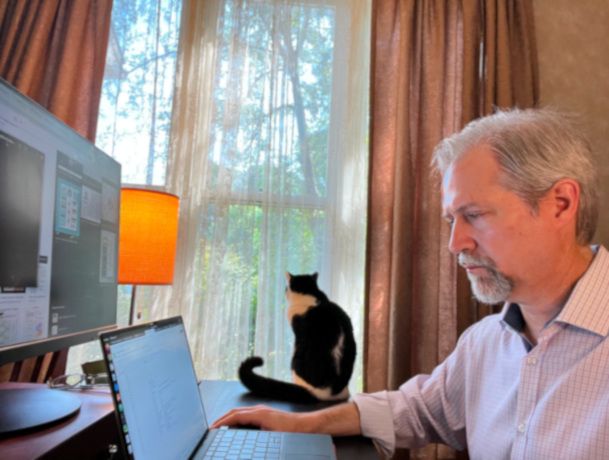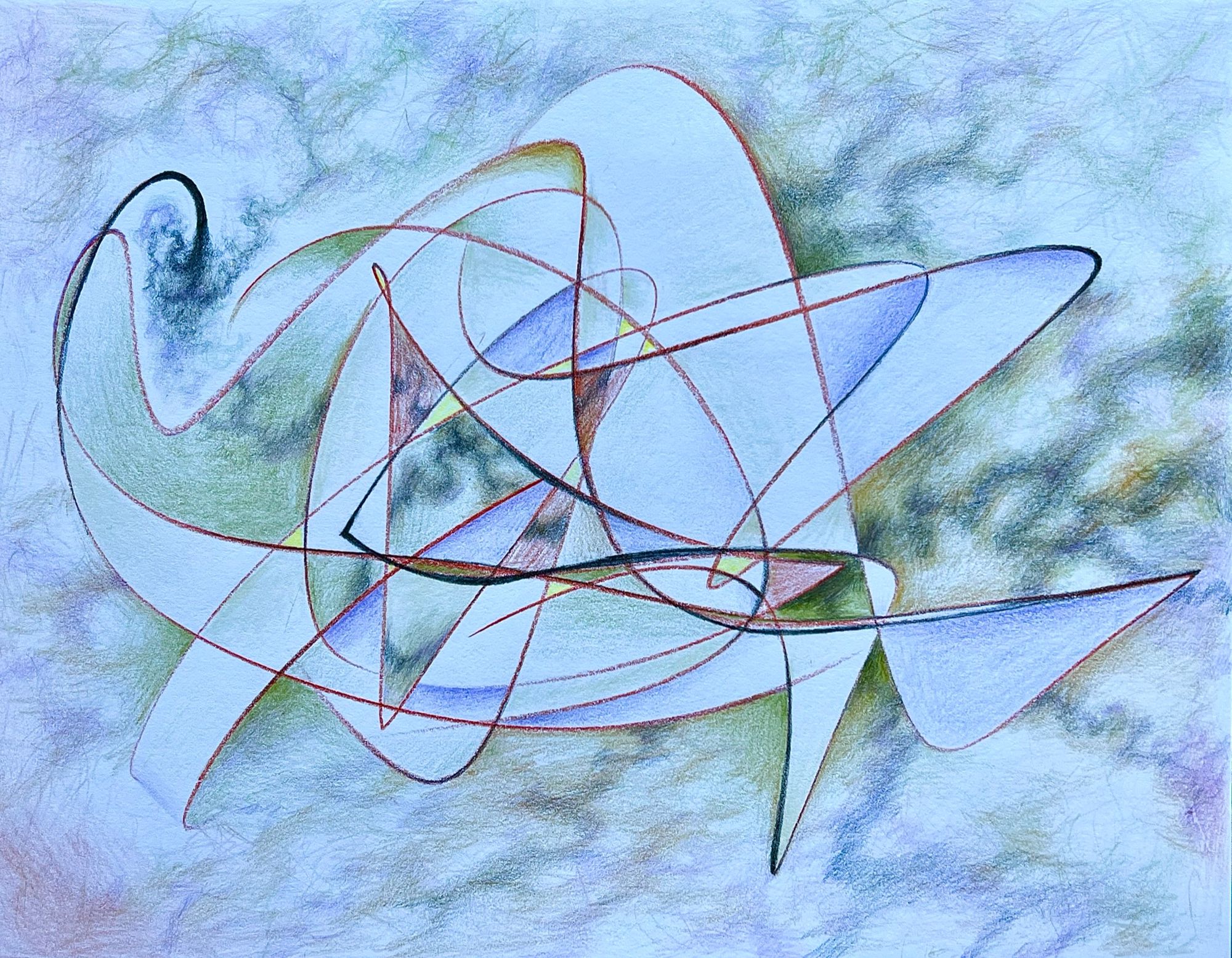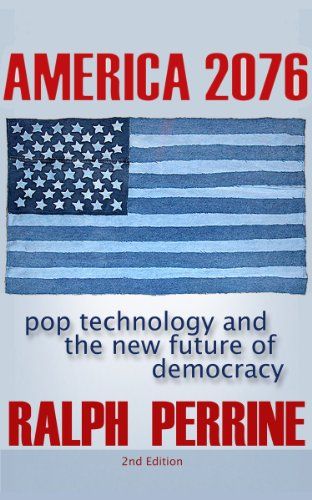Meet the Author
Hi - thank you for checking out S3T!

S3T is part of my own learning journey. I've found that regular publishing deadlines gives me a helpful structure for learning then crystallizing and sharing what I'm learning. This starts to create a loop when others join in the conversation and share what they are learning.
This newsletter also ties together several of my interests - technology, society, nature - into a single common denominator they share: economics. Its a topic I keep coming back to no matter what I get involved in.
I've always been fascinated by systems - natural or human-engineered. I think I got it from my Dad. He would draw very precise neat drawings of things he was building. Simple things - like book shelves, or workbenches. Sometimes he would draw something that showed a flow or process. He had this great way of drawing "exploded views" that I found fascinating.
This fueled my own curiosity as a child, and I began drawing my own inventions. I learned to use drawing as a way to work out ideas and express my thoughts. This artistic approach to sharing my thinking stayed with me my whole life. That is why editions of S3T usually feature one of my art works.

My family also gave me a respect and love of nature. Well worn bird guides were handed down to me from both my Mom and Dad's side of the family. I came to see that Nature is the greatest possible classroom for developing your ability to understand, design and evolve systems.
I hope the Nature Notes segment of S3T inspires readers to value and enjoy nature, and find ways to protect and nurture its capabilities. I'll occasionally share photos of locations, plants or animals I've encountered outdoors.

As an adult I noticed that in my own work - designing and implementing complex systems - I occupied this vantage point where I could see and draw all the working parts, how they fit together, and how they could function in an optimal way. And I couldn't help noticing the economic impacts of these systems and platforms.
I've been fortunate to have a career that caught part of wave after wave of innovation from 1990-present:
- Interactive CDROM/DVD and 3d simulation
- Web 1.0
- Object oriented programming Java (remember the first JavaOne conferences?)
- Web 2.0
- Mobile
- Cloud
- AI
- Blockchain
Not by any stretch the entire spectrum of innovation but an interesting selection. Every one of these introduced economic shifts.
I was introduced by Don Child to the book publishing world and had the privilege of writing for McMillan's Unleashed series of technology books. Later I published several books of my own including 12 Drawings That Will Change Your Life, America 2076, and The Ringtone Game. In writing America 2076 I became interested in how money and influence impacted decision-making in the US political system. In Ringtone Game I delved into this further, using a fictional account to better understand and illustrate scenarios playing out inside the beltway. This writing experience along with a notable kayaking trip made me realize the huge role that values play in economic decisions both large and small. This led to another round of thinking and writing which resulted in the Wealthy World Manifesto.

Somewhere in the 90's I got the book collecting bug. This also probably came from my Dad, who had his own library of treasured books he'd collected over the years. Again, I found myself gravitating toward books - new and old - related to economics and risk. I began to see that specific roles in society exert tremendous influence over the economic options that others have - and that the mental models of the individuals in these specific roles have outsized influence on whether others have a good set of options or are forced to choose between very bad options.
This connected with my concern that we seemed to be rapidly deleting Nature's ability to sustain our survival on this planet. Flawed financial models give the false impression that there's no other option. That economic growth requires us to destroy our future.
As my career unfolded I was fortunate to have opportunities to be involved in entrepreneurial ventures and growth oriented companies. This often required working closely with a finance team to weigh the options or measure the value and results. These conversations frequently tested our knowledge and foresight regarding about economic factors and risks in play.
I got involved in crypto, taking a learning approach. Nothing helps you pay attention and learn quite like having your own money involved. I'm fascinated here by the organizational and financial innovations that seem to be setting the stage for the next chapter of economics - one with more equal access and opportunity for all.
In my work with the Innovation Garage at Blue Cross NC I truly appreciated what I saw as a once in a lifetime opportunity to be part of a significant transformation of healthcare. Again, the economics of this was fascinating to me.
Across all of these experiences I've learned that change is hard, messy disorienting and often chaotic. Being a change leader can be lonely. But working to drive the right kinds of change is worth it. It matters to those who lack access to financial services or healthcare. It matters to future generations who will have to live in the world we shape by our actions today.
On this path, it really helps to connect with others who are learning and working toward the same goals.
So now you know the backstory of S3T. :)
I look forward to comparing notes and driving change together!
Ralph Perrine
